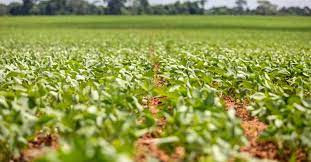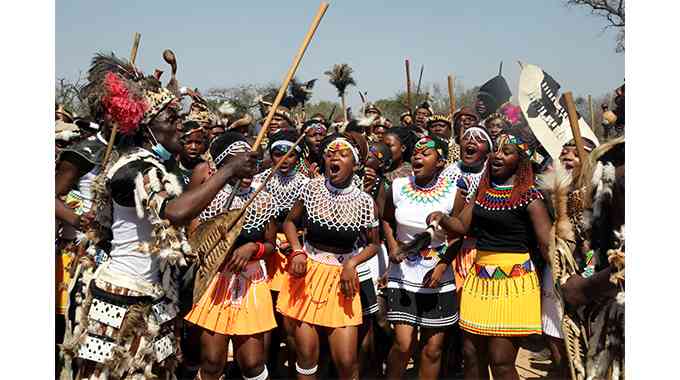
WOMEN are an integral part of the agricultural sector and conduits of food security, spearheading Zimbabwe’s recovery from the effects of climate-induced droughts, Participatory Ecological Land Use Management (Pelum) Zimbabwe has said.
The revelation comes at a time when agriculture employs almost three-quarters of the population, with women being the backbone, constituting around 70% of household labour in rural communities. Pelum Zimbabwe represents a network of civil society organisations working to promote ecological land use and sustainable agriculture through knowledge sharing, advocacy and capacity building.
Speaking on the sidelines of the Women Leaders in Agroecology Convening and Graduation Ceremony held in Mt Hampden last week, Pelum country co-ordinator Theophilus Mutsindiko told NewsDay that there was a need for more engagement, although there have been a lot of initiatives to strengthen women in agriculture.
Mutsindiko said women were rising to be leaders in agroecology through engagement and support via the Pelum initiative and efforts by other stakeholders.
“While there is a need for agricultural work to be done respecting cultural traditions, norms and values, there is a need for a deliberate move in strengthening the role of women and making men realise the immense role women play in boosting food security.
“It is more vital now that women continue to be champions of food systems because, from a traditional context, women are the givers of life, the custodians of seed and food,” he said.
Mutsindiko emphasised the importance of not sidelining women from the discourse of agroecology, as a food-secure generation depends on them.
“It is increasingly important that women are not left behind in the discourse of sustainable food systems and the shifts in diets towards consumption of more culturally-appropriate foods grown agro-ecologically,” he said.
- Shurugwi farmers benefit from Pelum Zimbabwe land initiative
- Call for women inclusion in agroecology
- Reviving organic agriculture, indigenous cuisine in Zim
- Mwenezi drives push for indigenous seeds to beat climate change






